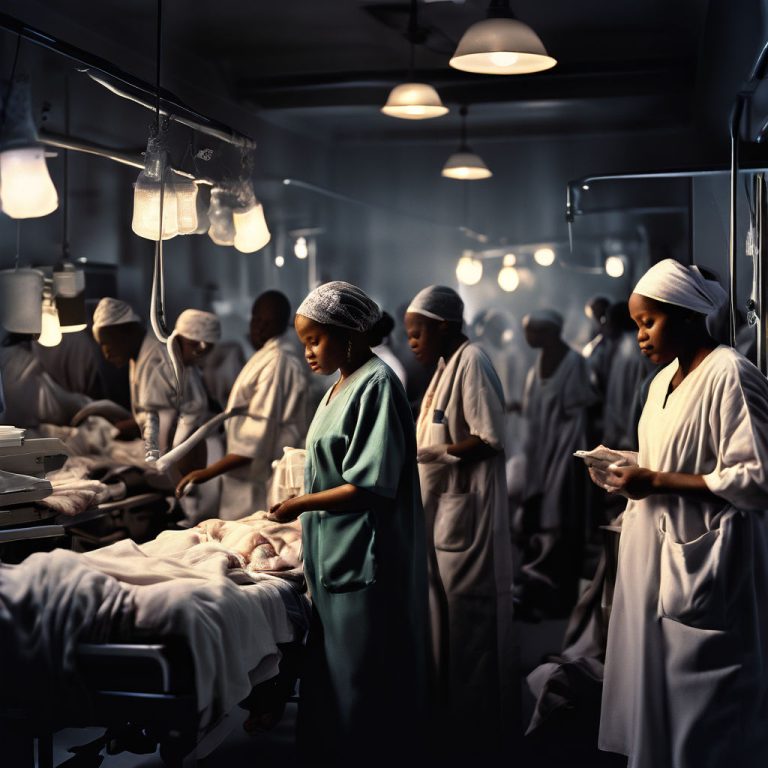Nigeria is starting a big change in its health sector that experts believe will help the country become more independent in healthcare and overall development.
This change is led by the Sector-Wide Approach (SWAp) and is part of the Nigeria Health Sector Renewal Investment Initiative (NHSRII).
Dr. Muntaqa Umar-Sadiq, the National Coordinator of the SWAp office, shared this in an interview with the News Agency of Nigeria (NAN) in Abuja.
He said the goal of the reform is to create a better and more connected health system that can keep fighting HIV/AIDS, Tuberculosis, and Malaria.
Dr. Umar-Sadiq called the plan bold and important. He said that people from the federal, state, and community levels, along with development partners, are fully committed to it.
“This week, we started a new phase to build a strong health system that can continue the fight against HIV/AIDS, Tuberculosis, and Malaria,” he said.
He added that this effort is special because it is part of the bigger NHSRII program.
“The SWAp plan focuses on using resources well, making decisions based on data, and bringing everyone together in one national effort to reduce problems caused by working separately,” he explained.
He said that because global funding is changing, Nigeria set up a Technical Working Group on AIDS, Tuberculosis, and Malaria (ATM-TWG) to find where money is missing.
Important organizations like NACA, NASCP, NTBLCP, NMEP, and agencies such as NPHCDA, NHIA, and the Federal Ministry of Health worked together to study costs and decided on a ₦200 billion investment from within Nigeria.
Dr. Umar-Sadiq said they are also working on a plan to fix weaknesses, improve programs, and get more people involved.
“The goal is to help more people and use money in the best way possible,” he said.
He added that while integration has always been part of the health system, SWAp makes it easier to put this idea into action quickly and make better policies.
He said that on August 11–12, health experts met in Abuja to work together and find ways to make the health system more efficient.
The meeting found many ways to join programs that Nigeria will start using in the next three years.
“This journey is driven by passion and hope,” Dr. Umar-Sadiq said. “It is a brave step that shows the strong commitment of our leaders and partners at all levels.”


